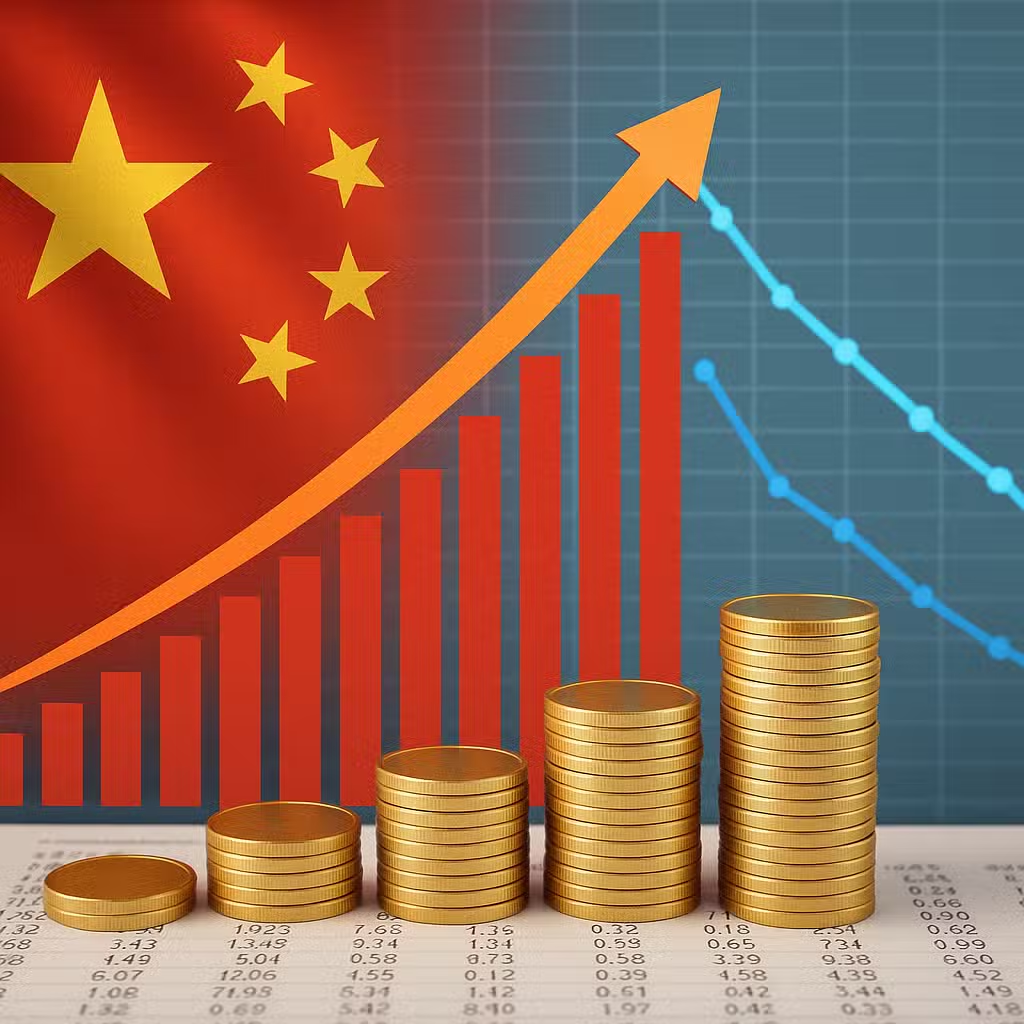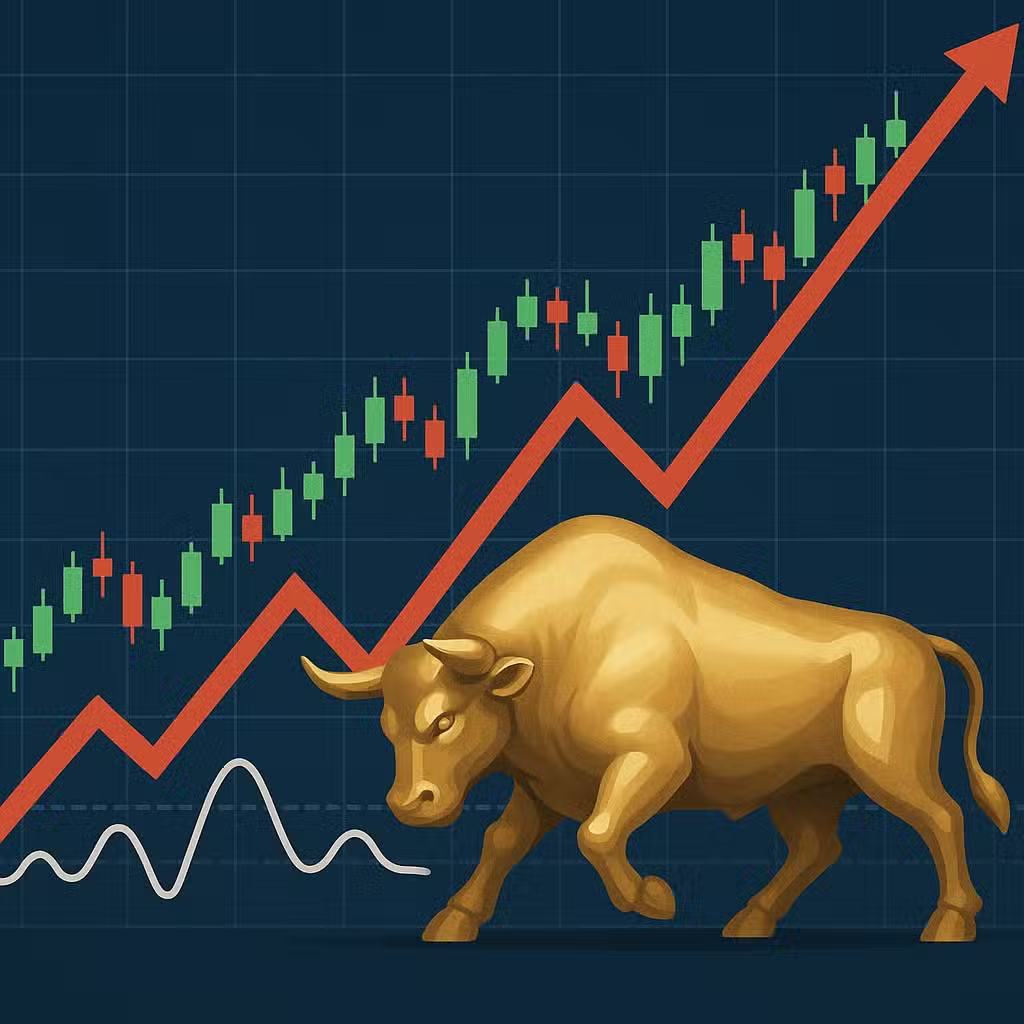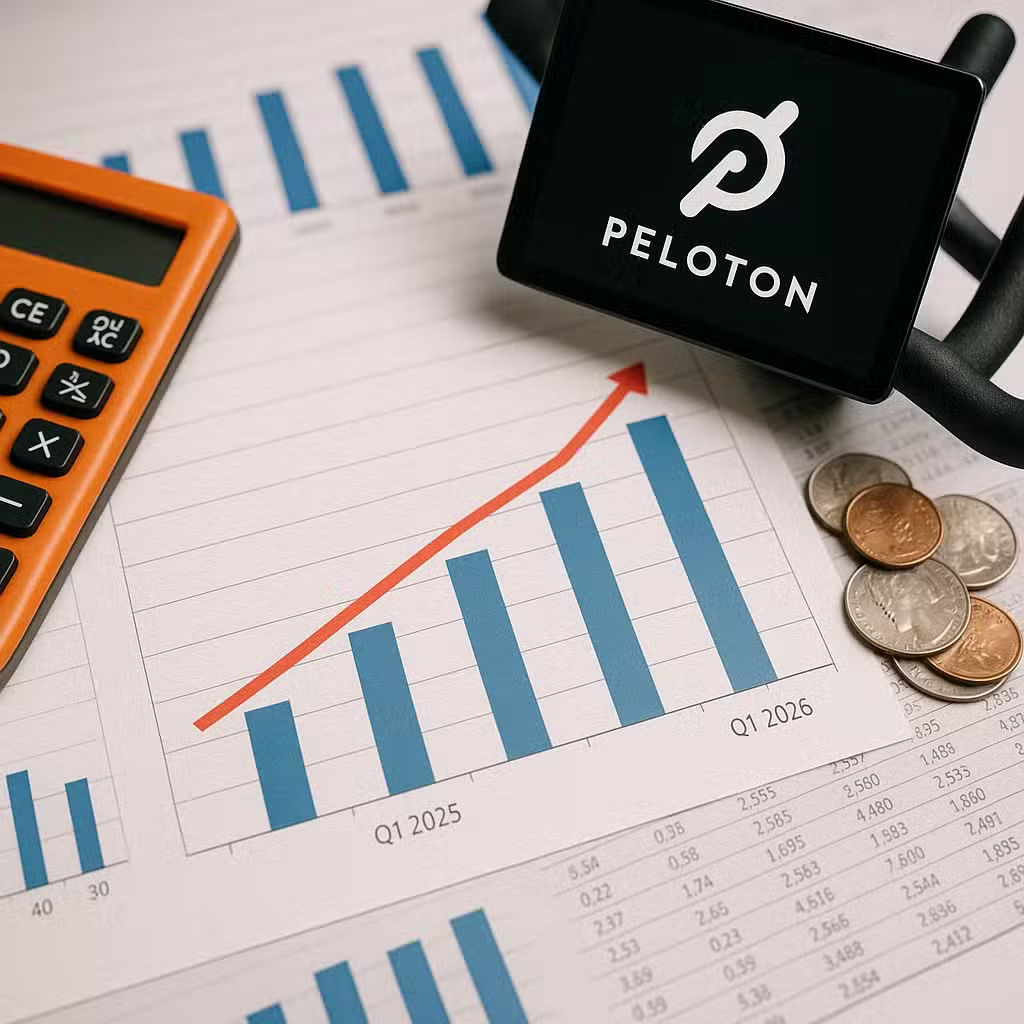China Meets Growth Target, but Investment Decline Signals Caution for Investors
Imagine if your favorite sports team was winning, but then started slowing down and missing more shots. That’s a bit like what’s happening with China’s economy right now—and it matters for investors everywhere.
China’s Economy: Slowing Down But Still Growing
China’s economy grew by 4.8% in the third quarter of 2025 compared to last year. That’s the slowest pace in a year, but it’s about what experts expected. What’s worrying is that investment in things like buildings and factories actually shrank by 0.5%—something that almost never happens outside of big crises like the 2020 pandemic.
- Real estate investment dropped 13.9% over the last year, even worse than before.
- Other investments, like infrastructure and manufacturing, also slowed down.
- The last time investment shrank like this was during the COVID-19 pandemic, according to Wind Information.
For investors, this is like seeing a key player on the team injured—China’s real estate sector is huge, so when it struggles, it can affect the whole economy and global stock markets.
Why This Matters for Investors
China’s economy is the second largest in the world. When it slows down, it can impact everything from tech stocks to commodities like copper and oil. Many big companies, including those in the U.S. and Europe, rely on Chinese consumers and factories.
- If China buys less, companies that sell things like electronics, cars, and raw materials could see lower profits.
- Global markets may get jumpy if investors worry about China’s growth.
According to the International Monetary Fund, a 1% slowdown in China’s growth could reduce global growth by about 0.3% (IMF).
Bull Case: Reasons for Optimism
- China’s factories are still busy—industrial production jumped 6.5% in September, better than expected.
- Retail sales are up 3% from last year, showing people are still shopping.
- Exports remain strong, despite ongoing trade tensions with the U.S.
- Unemployment in cities dropped slightly to 5.2%.
- Income is rising for both city and rural residents, which could help spending in the future.
Some experts believe China can shift its focus to new industries like technology and electric vehicles, which might help fill the gap left by real estate.
Bear Case: Reasons for Caution
- Real estate weakness may last much longer, and investment might never return to old highs.
- Private sector investment is slowing, showing that businesses aren’t confident about the future.
- Retail sales growth is losing steam, and some government stimulus programs are running out of juice.
- Deflation (falling prices) is a risk—headline inflation fell 0.3%, which can hurt profits and wages.
- Overbuilding in some new sectors, like electric vehicles, could lead to waste and slowdowns.
Experts warn that without fixing the property market, it will be tough for China to boost domestic demand. Property is still a huge part of household wealth and government revenue.
What’s Next for China?
China’s leaders are meeting to plan the next five years. They want to rely more on homegrown technology and domestic spending, but fixing the real estate mess is still a top priority. Real estate makes up about 18% of local government revenue and is second only to exports in its impact on the economy.
Some believe the “old economy” like real estate and construction will stay important, even as China tries to grow new industries.
Investor Takeaway
- Watch your exposure: If you own global stocks or funds, check how much they depend on China’s growth.
- Stay diversified: Don’t put all your eggs in one basket—spread investments across sectors and regions.
- Follow the data: Keep an eye on China’s factory activity, retail sales, and property news for early warning signs.
- Look for opportunities: Some sectors, like tech and green energy, may benefit even if real estate struggles.
- Be patient: China’s story is still unfolding. Quick changes are unlikely, so plan for bumps along the way.
For the full original report, see CNBC







